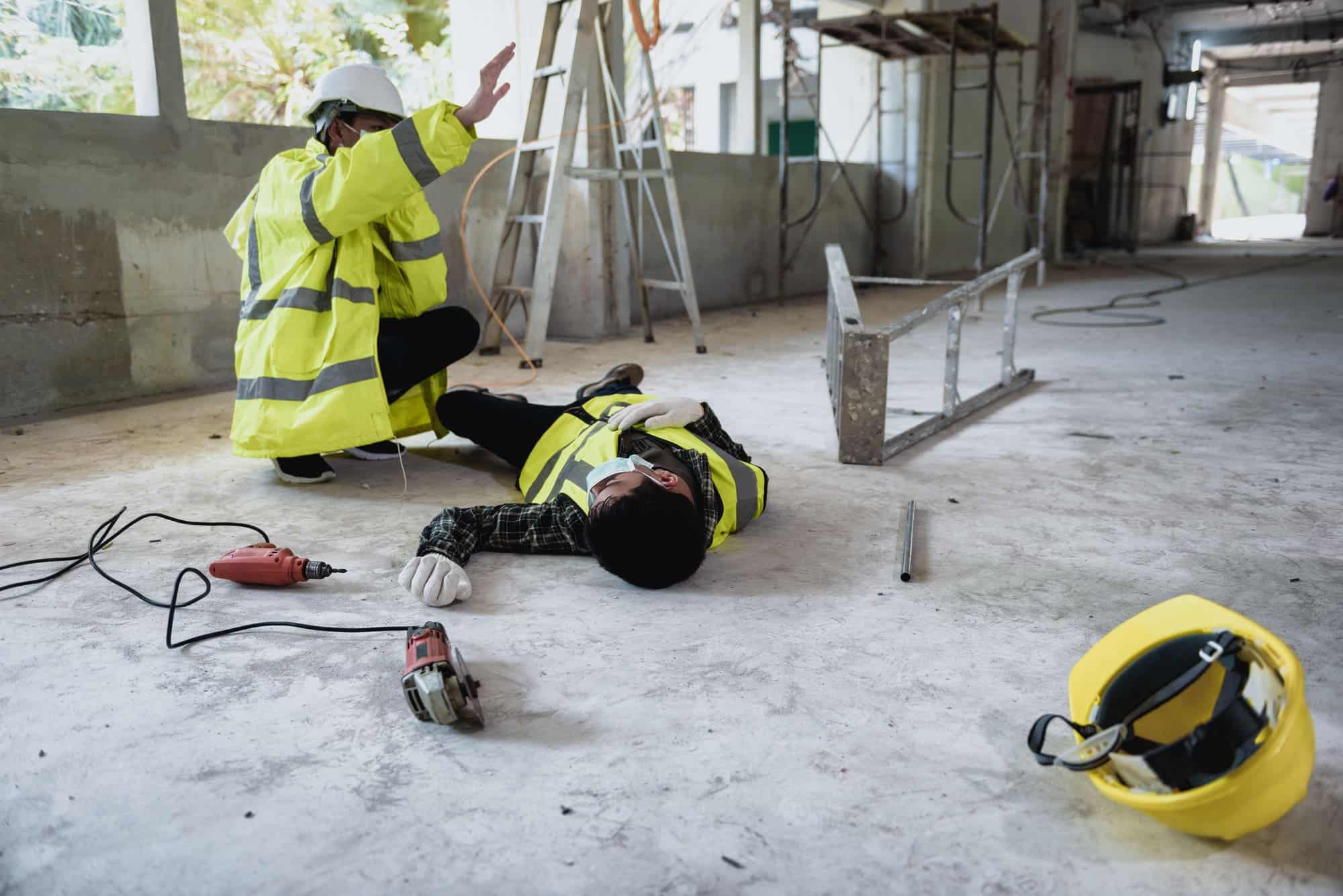
Injured parties typically go up against insurance companies or huge corporations in personal injury cases, which can be lengthy and heated court fights. Legal representation for the defendant is essential as plaintiffs pursue damages for their injuries. The job of a defense attorney in a personal injury lawsuit is to address the case’s flaws and devise strategies to dispute the plaintiff’s claims. This essay delves into six of the most important tactics utilized by defense attorneys in dealing with such vulnerabilities.
When representing clients in personal injury cases, one of the first things defense attorneys do is perform an early case assessment. The facts and evidence must be examined methodically and thoroughly. A defense attorney will look for any holes in the plaintiff’s case, such as inconsistent testimony or a lack of supporting evidence.
If a plaintiff alleges they were seriously hurt in a slip-and-fall accident, for instance, the defense attorney may conduct an investigation of the accident scene to search for variables such as poor lighting or old flooring that could have contributed to the plaintiff’s fall. If the defense can anticipate and exploit these holes in the prosecution’s case, they will have a better chance of achieving a positive outcome for their client.
The defense team will frequently question the admissibility and veracity of the plaintiff’s evidence. All relevant evidence, such as medical records, testimonies from witnesses, and so on, should be submitted. Defense attorneys can potentially damage the plaintiff’s case by finding inconsistencies or errors in the evidence presented.
The defense may attempt to discredit the plaintiff by pointing out inconsistencies in the date of the incident or the extent of their injuries, both of which may be found in the plaintiff’s medical records. To reduce the plaintiff’s potential compensation or possibly get the case thrown out, challenging evidence is a crucial part of the defense strategy.
Expert witnesses are often crucial in personal injury trials, when they evaluate the plaintiff’s allegations and testify in court. Expert witnesses are frequently used by defense attorneys as a means of discrediting the plaintiff’s claims. Expert witnesses can be doctors, accident investigators, or engineers, any of whom can offer a unique perspective on the incident that led to the injury.
To demonstrate that the plaintiff’s injuries were not caused by the defendant’s negligence, a defense counsel in a medical malpractice lawsuit, for instance, can retain the services of a medical expert. These experts can be essential in questioning the plaintiff’s assertions and shifting the jury’s perspective.
Settlements are also heavily influenced by defense attorneys. Having identified the holes in the plaintiff’s case, they use that knowledge to their advantage during settlement talks. Making a lower settlement offer or renegotiating the terms and conditions may be necessary.
For example, if the plaintiff’s case is riddled with discrepancies in the evidence, the defense may use this as leverage to convince the plaintiff to settle for a sum much lower than what was initially demanded. The parties can avoid a drawn-out legal struggle by settling their differences through discussions.
Defense attorneys have a lot riding on the jury selection process, and they use it strategically to their benefit. Both the plaintiff’s and the defendant’s attorneys get to interrogate prospective jurors about their biases and viewpoints during jury selection.
Lawyers defending the accused try to pick a jury that will be more sympathetic to their client and less likely to side with the plaintiff. Depending on the specifics of the case, they may try to select a jury composed of people who are less inclined to side with the plaintiff. The result of a personal injury trial relies heavily on the selection of a fair and impartial jury.
The duty of defense attorneys is not over if the verdict is not in their client’s favor; they must immediately begin planning for an appeal. In an appeal, the losing party submits their case to a higher court, stating that there were flaws in the original trial that should have resulted in a different verdict. An appeal is a way for the defense to overturn a ruling or point out a flaw in the prosecution’s case or the prosecution’s representation of the law. This may open the door to a different verdict or a new trial.
Defense attorneys play a crucial role in the judicial system, especially in personal injury trials. Their ability to spot and address holes in the plaintiff’s case is crucial to maintaining a level playing field in the courtroom. Defense attorneys diligently represent their clients’ best interests by performing preliminary case evaluations, contesting evidence, employing expert witnesses, negotiating settlements, strategically selecting juries, and preparing for appeals. Personal injury cases can be difficult to win, but with the help of skilled defense attorneys, justice can be served in the courtroom.
Find A Doctor | New York Doctors | New Jersey Doctors | Connecticut Doctors
Medical Services | Conditions Treated | Insurance | Contact Us | Privacy Policy | Site Map | Terms of Service | Blog | Advertising
This site does not provide or endorse any medical or legal advice. All medical practices listed on this site are independently owned and operated by licensed physicians. Learn more
Copyright © var currentYear = new Date().getFullYear();document.write(currentYear); Injured Call Today. All Rights Reserved.
